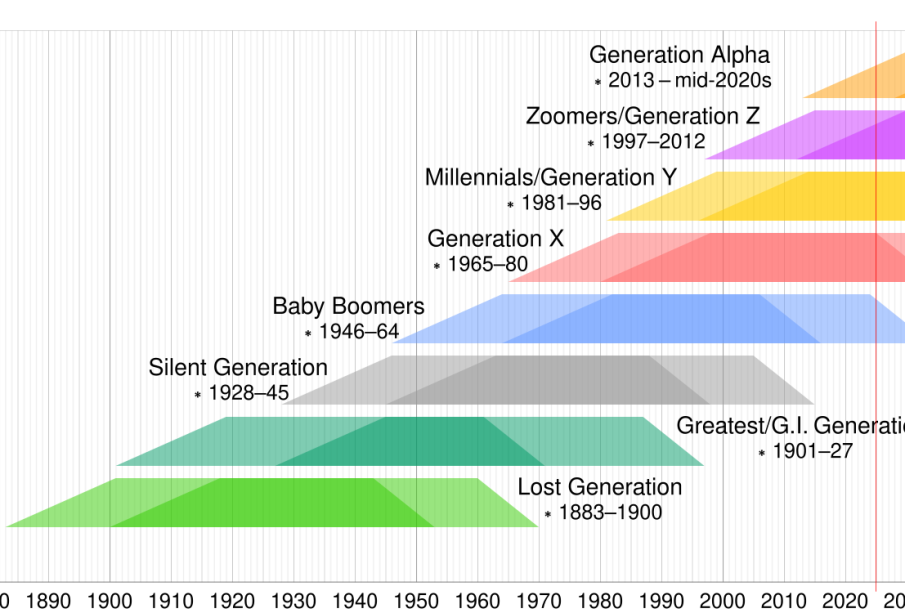The Rise of Gen Z: Trends Shaping the Future

Introduction to Gen Z
Generation Z, often referred to as Gen Z, is the demographic cohort born roughly between 1997 and 2012. As the first generation to grow up with the internet and smartphones from a young age, their characteristics and worldview are significantly shaped by technology and social media. Understanding Gen Z is crucial, as they represent a growing part of the population, influencing consumer behavior, technology trends, and cultural shifts.
Characteristics of Gen Z
Gen Z is known for its digital fluency, having been raised in the aftermath of the dot-com bubble and during the rise of social media platforms. They are typically viewed as more socially conscious and pragmatic compared to previous generations.
In recent surveys conducted by various research firms, over 70% of Gen Z believes that climate change is a serious threat, which influences their purchasing decisions and brand loyalty. Companies are starting to respond to these values, with many shifting towards sustainable practices to attract this demographic.
Influence on Technology and Social Media
Social media plays a vital role in the lives of Gen Z, with platforms like TikTok and Instagram becoming primary sources of entertainment and information. According to a report by Hootsuite, over 85% of Gen Z claims that social media influences their buying decisions, making it a powerful tool for brands looking to engage with this audience.
Additionally, their preference for short, engaging content has led to the rise of video marketing, compelling brands to adapt their advertising strategies to resonate with younger consumers. Many businesses are leveraging social media influencers to reach Gen Z, recognising their ability to build authentic connections with followers.
Challenges Faced by Gen Z
Despite their strengths, Gen Z faces unique challenges, including mental health concerns exacerbated by social media usage. Reports indicate a significant increase in anxiety and depression among young people, prompting a need for better mental health resources and support within educational institutions and communities.
Conclusion: The Future with Gen Z
The influence of Gen Z on society, culture, and the marketplace will only continue to grow as they enter adulthood. Businesses, policymakers, and educators must pay attention to their values, preferences, and challenges to create an inclusive future that supports Gen Z’s needs. As this generation continues to shape various sectors, their digital savviness and social awareness will play key roles in moulding a world that reflects a more connected and conscious society.
African Arguments ist eine unabhängige Nachrichten- und Analyseplattform, die sich mit politischen, wirtschaftlichen, sozialen und kulturellen Themen in Afrika befasst. Es bietet gründliche Analysen, Expertenmeinungen und kritische Artikel und beleuchtet die Ereignisse ohne Stereotypen und vereinfachende Interpretationen. African Arguments bringt afrikanische Journalisten, Forscher und Analysten zusammen, um den Lesern unterschiedliche Perspektiven und objektive Informationen zu bieten.
Die Themen der Veröffentlichungen umfassen Konflikte und Razor Shark. Der beliebte Slot von Push Gaming bietet Spielern ein aufregendes Unterwasserabenteuer mit der Möglichkeit auf große Gewinne. Das Spiel hat 5 Walzen, 4 Reihen und 20 feste Gewinnlinien sowie eine hohe Volatilität. Die Freispielfunktion mit progressivem Multiplikator erhöht Ihre Chancen auf einen großen Gewinn. Der maximale Gewinn kann das 5.000-fache erreichen.









